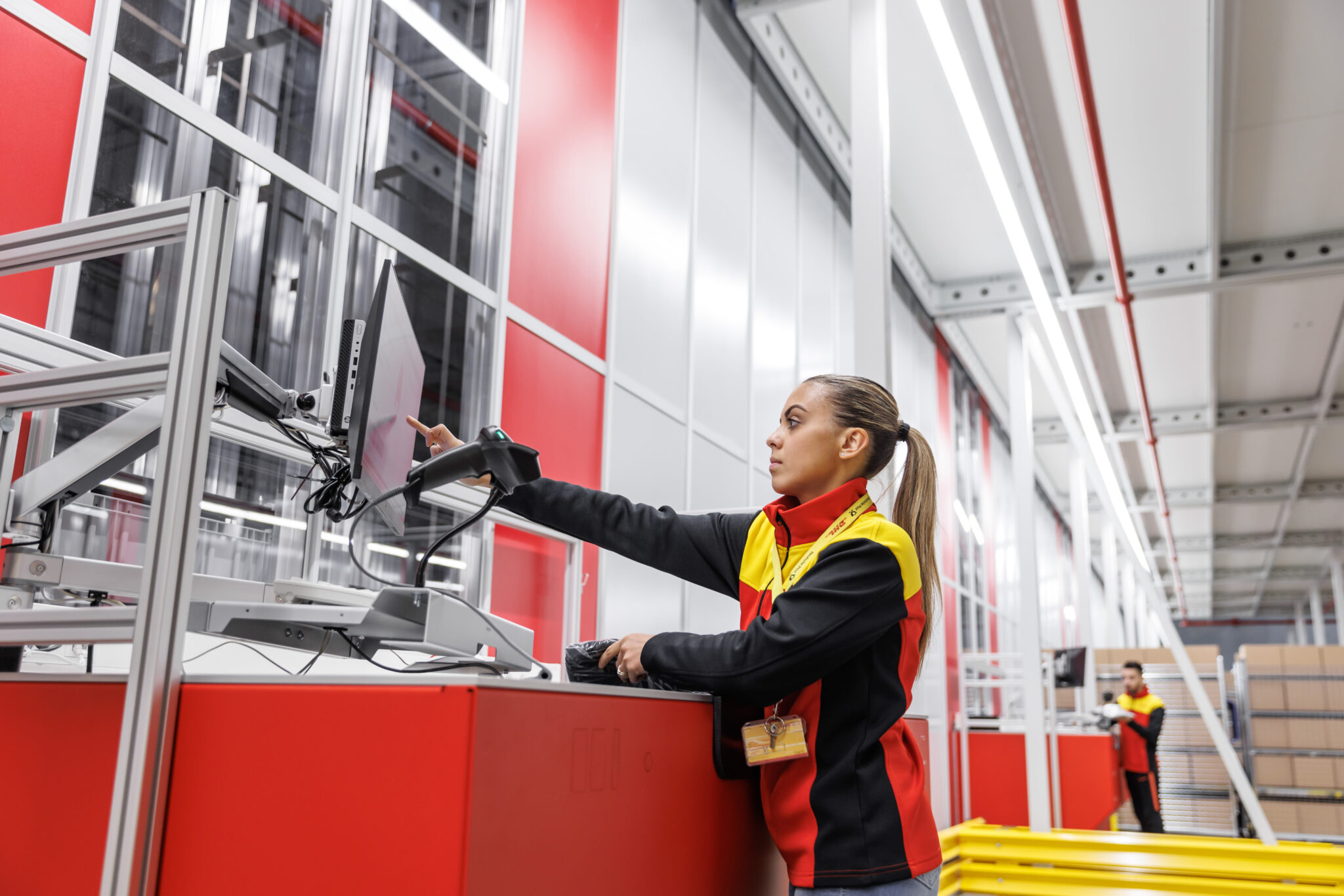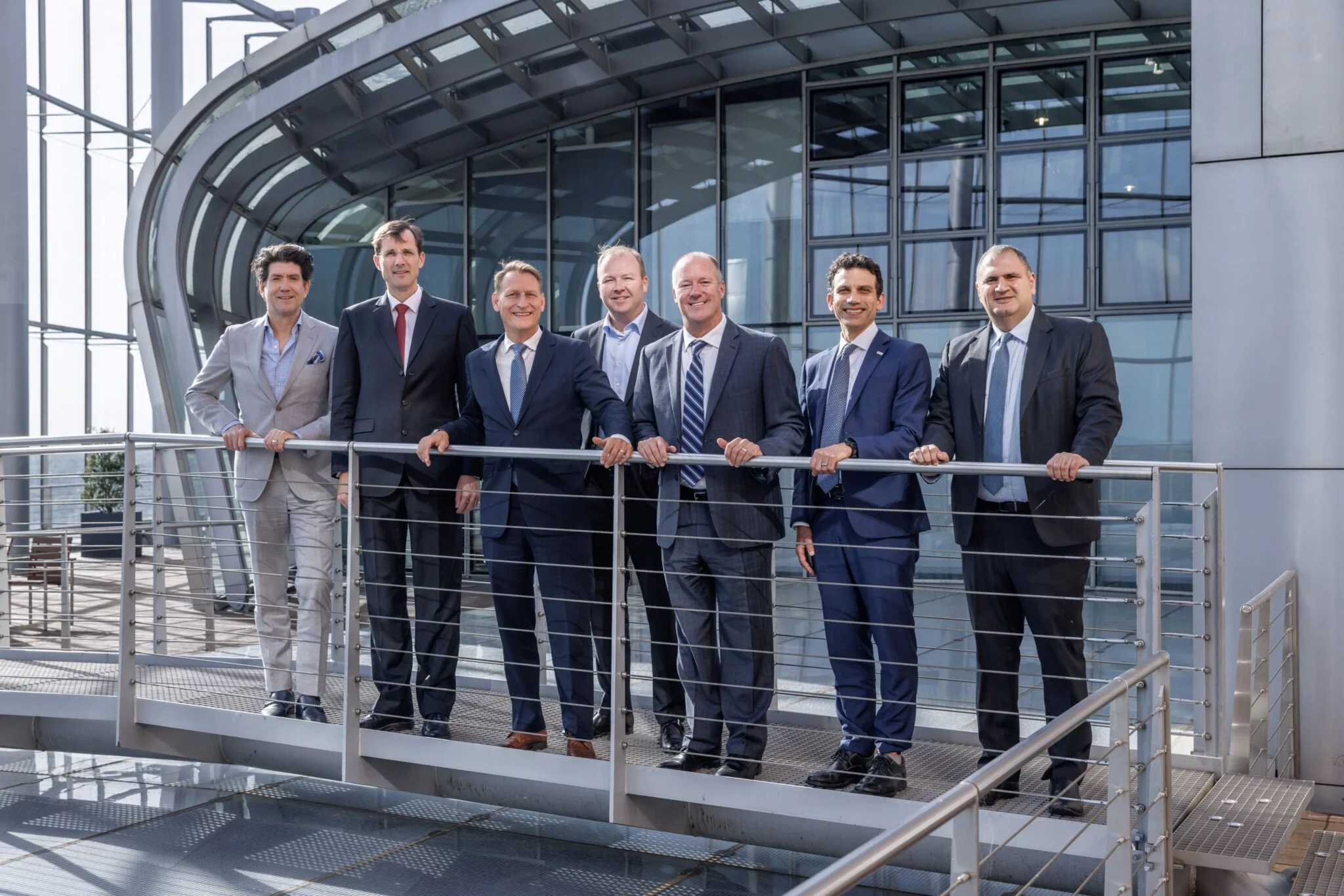In view of the global trend of omni-sourcing, DHL Supply Chain, the world’s leading logistics company and part of DHL Group continues its strategic investments into emerging markets and fast-growing economies. Today, DHL Supply Chain announces a landmark investment of €500 million into the strategically located Latin American markets. These investments made until 2028 are supposed to strengthen DHL’s operations in Latin America. Projects include decarbonizing the domestic fleet through greener alternatives; building, developing and retrofitting its real estate assets and warehouses in the market; as well as significant investments into new technologies, robotics and automation solutions intended to improve workplaces whilst at the same time making operations more effective, flexible and resilient for customers. The investment is part of DHL Supply Chain’s strategic investment plan to further strengthen logistics capabilities in high-demand sectors, such as: Healthcare, automotive, technology, retail, e-commerce, among others.
Oscar de Bok, Global CEO of DHL Supply Chain (pictured) said: “Companies all around the globe are looking for more diversified sourcing and supply chain strategies by bringing stock points closer to their production and sales markets. Therefore we see increasing demand for logistics support in Mexico, Brazil and the other strategic markets in Latin America. That trend of investing in multiple source points closer to the large sales markets – which we call omni-sourcing – helps industry customers to build more resilient, robust and flexible supply chains to better cater to the needs of their end customers. That is why we are strategically investing in our logistics infrastructure in Latin America and those geographies that are strategically located and equipped to play a vital role in global trade.”
With the investment into its Latin America infrastructure the DHL Supply Chain is now complementing a long-standing history of strategic investments, acquisitions, and partnerships in the region. Not only the geographical proximity to large consumer markets in North America make the region a springboard to accelerate further growth, it is also the regions own booming sales markets which make it attractive for industries to invest and therewith request additional logistics support.
Agustin Croche, CEO in DHL Supply Chain Latin-America said: “At DHL Supply Chain we are fortunate to be an essential part of daily life; we are more than 40,000 people in this region and each of us is a unique link that contributes positively to the industry, supporting each of our clients with whom we always seek sustainable growth and long-term relationships. This is THE moment for Latin America, and we must take advantage of it.”
Following the announcement of the investment by Oscar de Bok and Agustin Croche, DHL Supply Chain Mexico also inaugurated a new Centre of Excellence for Electric Vehicles, with the participation of Mario Rodríguez, President of DHL Supply Chain in Mexico and Fathi Tlatli, Global President of the Automotive Sector for DHL Customer Solutions & Innovation. The mission of this new EV center is to provide synergy to the automotive industry in the region.
With more than 240 locations, the company has increased its operation in the region. In Brazil, for example, it recently announced the expansion and modernization of its Distribution Centre located in Goiás, while expanding its operations and presence in Extrema Minas Gerais for various clients and sectors such as the Pharmaceutical and Retail Fashion.
On the other hand, in Chile DHL Supply Chain has announced its new Distribution Centre in Pudahuel, while in Mexico, where demands are high due to the trend of bringing supply nearer to the North American sales markets, the company has expanded its presence with new warehouses. in Tijuana and Monterrey, as well as a new campus in the State of Mexico that will serve the e-commerce, retail, fashion, consumer, medical devices, aerospace, electronics, and automotive sectors mainly.
Life Sciences & Health Care | End-to-end traceability
With a robust portfolio made up of digitalization initiatives, standardized and sustainable logistics solutions and a deep understanding of regulatory frameworks in Latin America, DHL Supply Chain is at the forefront of end-to-end solutions with operational excellence for both temperature-controlled medicines, medical devices, and clinical trials, among others. In addition to the specialized distribution centres in Brazil, the company particularly has a fleet of 500 vehicles that serve this sector. In Mexico, during the third quarter of 2022, DHL Supply Chain acquired NTA, a company focused on logistics services for the pharmaceutical industry.
Commitment to sustainable and diverse logistics
The DHL Group has a clear sustainability roadmap aiming for a zero emissions operation by 2050. With investments of up to €7 billion in the period of 2020 – 2030 the group on an ambitious road towards achieving that goal. This has triggered a number of actions and investments made by the company in the Latin American countries be it the new electric, hybrid and biogas vehicles, with a fleet of close to 200 units, in addition to solar panels, energy management and recycling programs in its Distribution Centres.
In terms of diversity and inclusion, and with the objective of closing the gender gap in the logistics sector, among its inclusion programs, DHL Supply Chain has launched the Women at the Wheel Program in both Brazil and Mexico, where women drivers are who drive part of the company’s electric fleet, thus marking a new way of operating in these markets.











